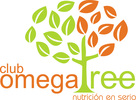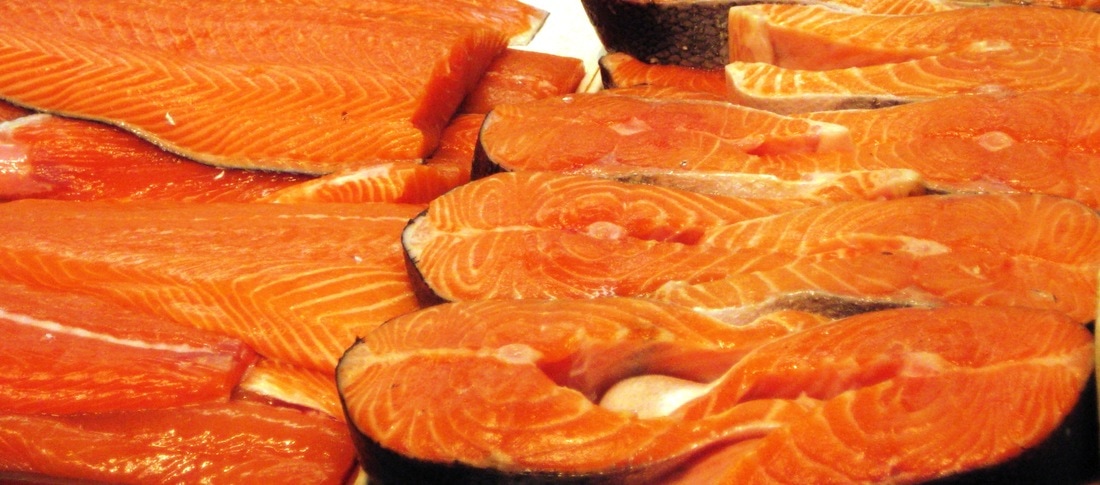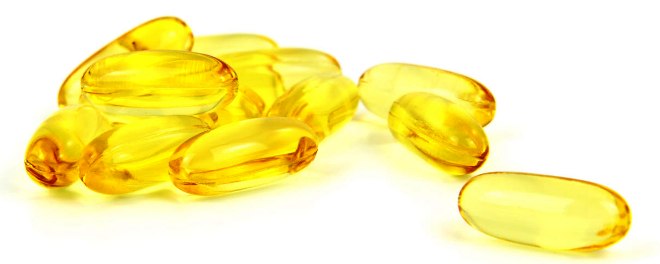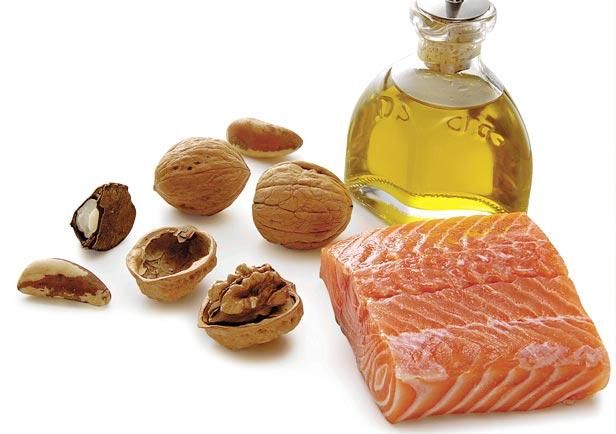|
We have already talked in previous blogs about what are the Omega 3 fatty acids, why to consume them regularly, and preferably from the most natural and easily assimilated sources such as fish called "blue" and some seeds and vegetables, but today We are sharing five of the most important reasons for including Omega 3 in the daily diet of children and adults.
For these and many more reasons, at Club Omega Tree we are committed to delivering the best prepared foods with the highest quality ingredients, all in presentations that cover the daily intake recommendations of Omega 3. Club Omega Tree, serious about nutrition.
0 Comments
In the market there are many brands and options that offer to be a supplement of the Omega 3 fatty acids, that can come in presentation of capsules and with different origins as cod liver oil, krill, etc. Is it convenient to purchase these supplements as part of a diet with deficiencies of Omega 3? Several studies have found that the right combination of DHA and EPA fatty acids can prevent a range of heart disease, reduce depression, improve overall brain performance, and many other health benefits in general, in a daily intake of between 900 milligrams to 2 grams a day in the adult population, and from 400 to 850 milligrams daily in children to achieve maximum benefits.
Now, in order to obtain these quantities of Omega 3 - and most importantly, to be absorbed and taken advantage of in the best way by the organism -, it must be consumed from highly assimilable sources like Salmon, which will help a rapid absorption of the fatty acids by the organism and will be better utilized in the general system. Another option may be supplements, but it must be taken into account that these must be of high quality, with the appropriate balance between DHA and EPA, and contain the minimum milligrams necessary to be able to have some of the benefit of their consumption, As well as (preferably) from sustainable and renewable sources. So, can Omega 3 supplements replace the consumption of foods rich in these fatty acids? The logical answer is no, since in addition to the capsules will have to be combined with a diet with complementary and balanced ingredients to achieve a favorable result, as well as the profit factor may be different. It is a matter of putting the cost / benefit / disposition perspective. At Club Omega Tree we offer the best combinations of natural ingredients of the highest quality to achieve the best use of them through our Box Lunch, promoting the physical, mental and emotional health of our customers. Within the options to provide the Omega 3 fatty acids in the daily diet you can think of different sources, some natural, some processed, some as additions to the foods that we consume daily as enrichment factors, but is it the same to consume a type of Source than the other?
Of course not. It is not the same to consume a processed food, that an extract of a component in a capsule, that another enriched food, to the best source that is the natural one and that provides the best way that the body can take advantage in almost all the Benefits of its elements. It is well known that fish have very easily digestible proteins as well as essential amino acids and hence their high nutritional value, with the quality of also providing minerals such as potassium, iron, iodine and calcium, among others, but there is a notable difference between the amounts of Omega 3 fatty acids in meat depending on a variety of fish according to how it is that accumulate fat in its body. White fish, that is to say those that are leaner and whose fat content in the meat does not exceed 2.5% but that the fat accumulates in the liver of the same, against those denominated blue fish, that are those that its content of fat can reach up to 10%, which accumulates it under the skin and in the flesh. These blue fish provide a wealth of polyunsaturated fatty acids that are the best sources of Omega 3 for the body, and a very natural and complete assimilation. At Club Omega Tree we have the best selection of Salmon, one of the best quality blue fish with the best flavor, so that our clients always get the best benefits with our daily dishes. In the previous publication we talked about what is Omega 3, and some of the good and bad fats, but what benefits does consuming these fatty acids that today are considered as one of the most important nutrients for humans?
In children, it has been shown that consumption of Omega 3 stimulates cognitive development, which will promote, among other things, accelerated learning, much greater concentration of studies, substantial improvement of memory in general, and even improvement in reading and their understanding, which together translates into outstanding performance. EPA and DHA fatty acids promote brain health and development, and greatly facilitate blood flow, which has a beneficial impact on oxygenation, nutrient exchange, and overall neuronal functioning. In addition, studies are being done in which the initial results show an improvement in intestinal processes in children who regularly consume foods containing relevant amounts of Omega 3. For all of the above, at Club Omega Tree we are always committed to give our customers and partners the best sources of these essential fatty acids, in their best presentations for a better assimilation and in the amounts recommended by the experts. From food you can get many kinds of compounds and elements, from proteins, vitamins, minerals, fibers, and of course fats. On the latter, there are several kinds of fats that can come from foods of plant origin and animal origin.
During the 1980s, multiple research was done on fat classifications and discovered the different behaviors that one fat class has over the other, commonly and colloquially called bad fats and good fats. Bad fats are those that in one way or another are easy to accumulate in the body because they are sources of energy that are consumed in excess, and can lead to cardiovascular diseases among others. Good fats are those that play a role in cellular functions and may even help "dissolve" bad fats, and here are the wonderful fatty acids called Omega 3, which are essential for health and can be obtained from foods Animals and vegetables. They are polyunsaturated essential fatty acids (ie, they have more than one double bond between their carbon atoms). Within the Omega 3 there are six types, all based on linolenic acid, and the most common and beneficial are eicosapentaenoic acid (EPA) and docosahexaenoic acid (DHA), which can be obtained in high quantities of food Prepared on the basis of "blue" fish, that is, they have a higher proportion of fat in their muscle mass, such as salmon. All of the above is to tell you that Omega 3 is a fatty acid essential for the proper development of humans in many of its functions, and can not be processed naturally in the body, so it must be obtained by Means of food. At the Omega Tree Club, we provide the best sources of Omega 3 in our Box-Lunch, so that our children have that mental and physical development that will enhance their abilities. |
About UsWe are a Club with all the energy to take our clients and friends to discover their full potential through the best food. Archives
March 2017
Categories
All
|






 RSS Feed
RSS Feed
